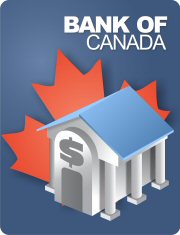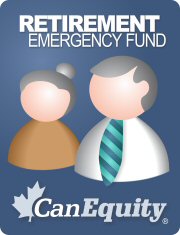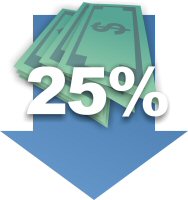How to Pick your Stocks
Now that your child is proficiently handling their chequing account, making debits and deposits responsibly, and has assessed their risk tolerance, it is time to locate an investment vehicle that will see their savings dollars grow.
While an allowance and monetary birthday/holiday gifts might line the accounts, authoress Katherine R. Bateman, in her book The Young Investor, suggests that your child make a list of the things he or she is good at, or likes doing, and from that list derive ways in which they can earn money from those activities themselves. Continue reading “Investing for Young People Part 2: The Difference Between Stocks, Bonds and Mutual Funds”








